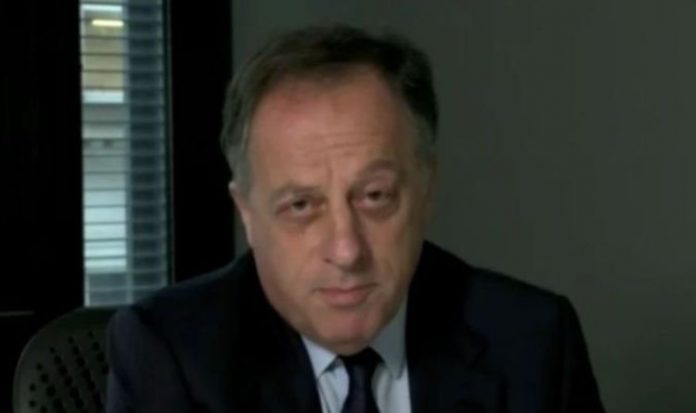Groupthink is a term used to describe poor-quality decisions made due to a greater desire for harmony or conformity within a group. Mr Sharp, a Brexiteer and former Goldman Sachs banker, said there was a lack of “trust in leadership and trust in process” as he appeared before the Digital, Culture, Media and Sport Committee.
He told MPs issues over equal pay had “created a sense of unfairness” and said he would be donating his £160,000 salary to charity.
Mr Sharp, who was once Chancellor Rishi Sunak’s boss at Goldman Sachs, said impartiality is “clearly the biggest issue” at the BBC.
In response to a question about whether the corporation was “too woke”, he said it had to consider whether there was “groupthink”.
Having a “very diverse group of people” leading the editorial decision-making process is a way to combat this, he added.
Mr Sharp told MPs: “Clearly some of the problems (the BBC) has had recently are really quite terrible and reflect a culture that needs to be rebuilt so everyone that works at the BBC and cherishes the BBC feels proud to work there.
“Then in my view that would produce a better output inevitably.”
Mr Sharp will take over from Sir David Clementi in February as the BBC faces scrutiny over issues including equal pay, diversity, free TV licences for the over-75s and competition from streaming services such as Netflix, as well as the ongoing coronavirus crisis.
On whether he believed the BBC’s coverage of Brexit had been unbalanced, he added: “No, actually I don’t.
READ MORE: Leading Brexiteer savages BBC over lack of political diversity
He went on to state the annual fee is “terrific value” for money, noting that the £157.50 fee works out at 43p a day.
The incoming chair said he did not agree with the idea of decriminalising nonpayment of the TV licence fee.
When asked, he replied “I am not in favour of decriminalisation.”
The BBC’s TV licence fee model has come under fire in recent years, in part due to its decision to no longer waive the fee for over-75s.
Critics have suggested a subscription service could be more appropriate, in order to match streaming services such as Netflix, Amazon Prime and Disney+.
Mr Sharp said it is important to reach audiences in all regions of the UK. He told MPs: “If the BBC doesn’t mean anything to somebody in Sunderland then it is failing.”







